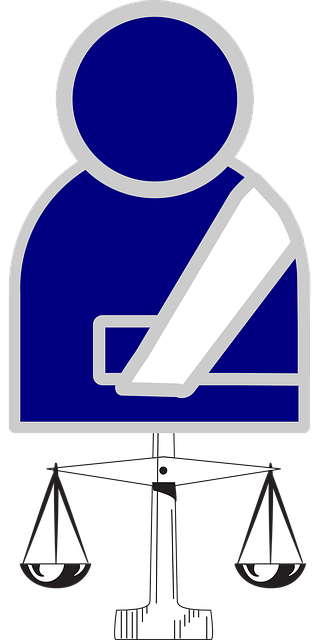Teen Challenge programs provide residential treatment for at-risk youth, focusing on spiritual guidance, therapy, and education to address addiction, behavioral issues, and mental health challenges. In cases of misconduct, specialized Teen Challenge Attorneys ensure legal rights and program standards are upheld through structured investigations, fact-finding, and decision-making processes. This multi-faceted approach includes immediate action, thorough documentation, training, and institutional reforms to maintain a safe environment for all participants.
“Teen Challenge programs, known for their therapeutic approach to youth development, face a critical challenge: ensuring accountability for misconduct. This article explores the intricate balance of maintaining these organizations’ mission while upholding legal obligations. We delve into the importance of establishing clear accountability frameworks and effective response strategies.
With a focus on Teen Challenge Attorney insights, we examine how proactive prevention measures can mitigate risks, fostering a safer environment. Understanding these programs’ unique dynamics is key to addressing misconduct, ensuring both legal compliance and the well-being of participants.”
- Understanding Teen Challenge Programs and Their Mission
- Legal Obligations: Accountability Frameworks for Misconduct
- Strategies for Effective Response and Prevention Measures
Understanding Teen Challenge Programs and Their Mission

Teen Challenge programs, often sought after by parents and guardians for at-risk youth, are Christian-based residential treatment centers designed to help teenagers overcome various challenges such as addiction, behavioral issues, and mental health struggles. These programs aim to provide a nurturing environment that combines spiritual guidance with therapeutic interventions, counseling, and education. The mission of Teen Challenge, as stated on their official website, is “to restore the youth of today through principles found in the Bible.” With a focus on accountability and personal growth, they strive to equip young people with the tools necessary for successful transitions into adulthood.
A significant aspect of these programs involves holding residents accountable for their actions, which can be a powerful tool for behavioral modification. However, it’s essential to note that when misconduct occurs, proper procedures should be in place to address and rectify the situation. A Teen Challenge Attorney, specialized in this field, plays a crucial role in ensuring that both the program’s standards of accountability and the legal rights of the involved parties are maintained throughout the process.
Legal Obligations: Accountability Frameworks for Misconduct

Teen Challenge programs, as structured and regulated entities, are bound by legal obligations that dictate how they handle misconduct. These obligations extend beyond internal policies to include compliance with federal and state laws, ensuring a robust accountability framework. When a participant or staff member engages in inappropriate behavior, Teen Challenge Attorney offices play a pivotal role in guiding the program’s response. They provide expertise in navigating the legal landscape, offering advice on disciplinary actions, and ensuring due process rights are upheld.
The frameworks for addressing misconduct vary based on the severity of the act and the jurisdiction but typically involve a structured investigation, fact-finding, and decision-making process. This may include suspension, expulsion, or, in extreme cases, legal prosecution. Effective implementation of these frameworks not only upholds the integrity of the program but also serves as a deterrent for future misconduct, fostering a safe and positive environment for all participants.
Strategies for Effective Response and Prevention Measures

In addressing misconduct at Teen Challenge programs, a multifaceted approach is crucial. Strategies for effective response and prevention should encompass immediate suspension or termination of staff members found responsible, coupled with thorough documentation and reporting to relevant authorities. A robust internal investigation process, involving a neutral third-party if necessary, helps ensure fairness while gathering compelling evidence.
Prevention measures must go beyond mere policy statements. Regular, comprehensive training for all personnel on ethical conduct, recognizing potential red flags, and appropriate response protocols is imperative. Fostering an open and transparent reporting culture where participants feel safe to come forward without fear of retaliation is equally vital. Engaging external experts or organizations specializing in youth development and discipline can provide valuable insights and best practices, ultimately strengthening the program’s integrity and enhancing its ability to serve its vulnerable population effectively. A Teen Challenge Attorney can play a pivotal role in navigating legal complexities, ensuring procedural fairness, and facilitating lasting institutional reforms.
Teen Challenge programs, while aiming to foster personal growth, are not immune to misconduct. To ensure ethical practices, organizations must establish robust accountability frameworks, as mandated by law. Engaging a Teen Challenge attorney can help navigate these complexities, ensuring appropriate responses and preventative measures that protect participants and maintain the integrity of the program’s mission. By adhering to legal obligations, these programs can foster a safer environment for personal transformation.
